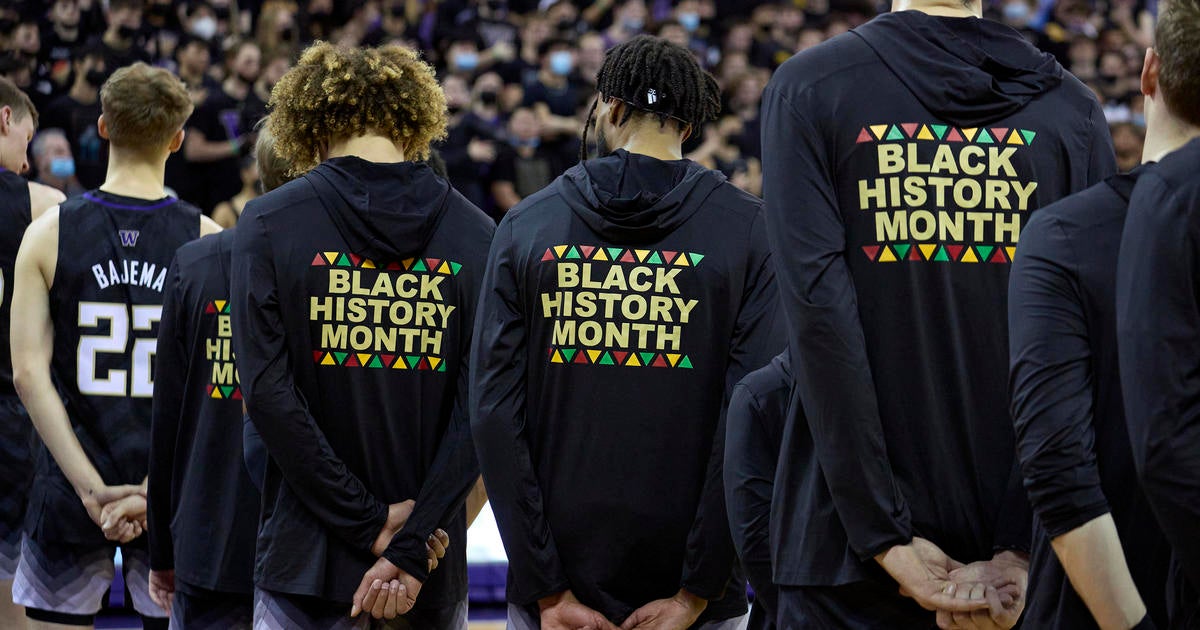Unveiling Black History Month: Origins, Myths, and Significance
As February arrives, the world turns its attention to Black History Month, a dedicated time to honor and reflect upon the rich contributions of the Black community throughout history. But what are the true origins of this month-long celebration? What myths have emerged over time, and why is it significant today? Let’s delve deeper into these questions to understand the essence of Black History Month.
Origins of Black History Month
Black History Month began as a week-long celebration in 1926, initiated by historian Carter G. Woodson and the Association for the Study of African American Life and History (ASALH). Woodson, often referred to as the “Father of Black History,” recognized the need to raise awareness of Black history, which had been largely ignored in mainstream narratives. He chose the second week of February to coincide with the birthdays of two pivotal figures in American history: Abraham Lincoln and Frederick Douglass.
In 1976, during the United States Bicentennial, the week was expanded to a month, formally recognizing February as Black History Month. This expansion was not merely a formal change; it signified a growing recognition of the importance and relevance of Black history, not just in America but globally. Today, Black History Month is celebrated in various countries, including Canada and the United Kingdom, each with its unique approach and focus.
Myths Surrounding Black History Month
As with many significant cultural observances, Black History Month is not free from myths and misconceptions. Understanding these myths is crucial for a deeper appreciation of the month’s significance.
- Myth 1: Black History is Only Relevant in February – One of the most pervasive myths is that Black history is limited to just one month. In reality, Black history is an integral part of American history, deserving recognition throughout the entire year. The contributions and struggles of Black individuals continue to shape society today.
- Myth 2: Black History Month is Only for Black People – While Black History Month focuses on the achievements of Black individuals, it is an opportunity for everyone to learn and engage with history. Understanding Black history fosters empathy and solidarity among all races.
- Myth 3: It Celebrates Only Prominent Figures – While figures like Martin Luther King Jr. and Rosa Parks are often highlighted, Black History Month also honors the everyday lives and struggles of countless unsung heroes whose contributions are equally important.
The Significance of Black History Month
Understanding the significance of Black History Month requires recognition of both its historical context and its contemporary relevance. It serves several critical purposes:
- Educational Value – Black History Month provides an opportunity for education on the history, culture, and contributions of Black Americans. Schools, organizations, and communities often host events that enrich understanding and appreciation of this history.
- Celebration of Achievements – It’s a time to celebrate the accomplishments of Black individuals in various fields—science, arts, politics, civil rights, and more. Recognizing these achievements inspires future generations to strive for excellence.
- Reflection on Struggles – The month invites reflection on the ongoing struggles against racism, inequality, and injustice. It encourages discussions about the past and present, fostering awareness and advocacy for change.
Engaging with Black History Month
Participating in Black History Month can take many forms, and everyone can find ways to engage meaningfully. Here are some suggestions:
- Attend Local Events – Many communities host lectures, art exhibits, and workshops. Attending these events can provide valuable insights and foster connections.
- Read Books by Black Authors – Literature is a powerful way to understand the Black experience. Consider reading works by authors like Toni Morrison, James Baldwin, and Maya Angelou.
- Support Black-Owned Businesses – Show support for the Black community by shopping at Black-owned businesses and promoting their services.
- Engage in Conversations – Discuss Black history with friends and family. These conversations can help break down barriers and encourage a more profound understanding of racial issues.
Black History Month Around the World
While Black History Month is celebrated in the United States during February, other countries have their observances highlighting Black history and culture:
- Canada – Black History Month in Canada is also celebrated in February, with a focus on the history and contributions of Black Canadians.
- United Kingdom – In the UK, Black History Month is held in October, commemorating the contributions of Black individuals in British history.
These celebrations reinforce the global significance of Black history and its impact on diverse societies. They also highlight the interconnectedness of struggles for racial equality and justice across borders.
Looking Ahead: The Future of Black History Month
As we continue to celebrate Black History Month, it’s essential to look toward the future. The ongoing discussions about race, equality, and justice are more important than ever. Here are a few key considerations:
- Promoting Inclusivity – Future observances should emphasize inclusivity, ensuring that the stories of all Black individuals—regardless of their background—are told and celebrated.
- Encouraging Education – Educational institutions should commit to integrating Black history into their curricula year-round, fostering a more comprehensive understanding of history.
- Continuing Advocacy – Black History Month should serve as a springboard for ongoing advocacy against racial injustice and inequality, encouraging individuals to take action beyond February.
Conclusion
Black History Month stands as a powerful reminder of the rich tapestry of Black contributions throughout history and the ongoing struggle for equality and justice. By understanding its origins, debunking myths, and recognizing its significance, we can engage more meaningfully with this vital observance. As we celebrate the achievements and acknowledge the struggles of the Black community, let us commit ourselves to learning, understanding, and advocating for a more just society. After all, Black history is not just a month; it’s a crucial part of our shared human history.
See more TED Talks World



